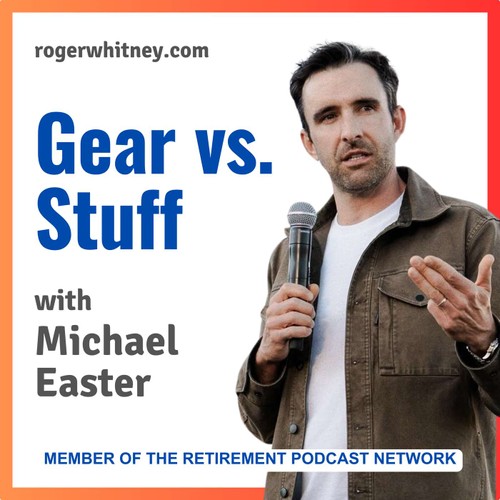
 Retirement Answer Man
Retirement Answer Man Gear vs. Stuff with Michael Easter
14 snips
Dec 11, 2024 Explore the hidden costs of our relationship with possessions as the holiday season approaches. Delve into the difference between meaningful 'gear' and unnecessary 'stuff' with insights from a seasoned author. Discover how consumerism affects clutter and retirement planning, alongside strategies to make smarter purchasing decisions. The discussion also uncovers the nuances of Master Limited Partnerships in investing and the tax implications involved. It’s a thought-provoking journey into mindful consumption that could reshape how you view your belongings.
AI Snips
Chapters
Books
Transcript
Episode notes
The Burden of Stuff
- Accumulating possessions can create a "gilded cage," especially as retirement approaches.
- Manage your relationship with "stuff" to avoid being trapped by possessions and increase freedom.
The Gilded Cage
- Roger advised a successful businesswoman with young children to be mindful of her spending habits.
- Increased income can lead to lifestyle inflation, creating a "gilded cage" of possessions.
Gear vs. Stuff
- Modern homes contain 10,000-50,000 items, a stark increase from the past.
- This shift reflects a move from utilitarian "gear" to unnecessary "stuff."



